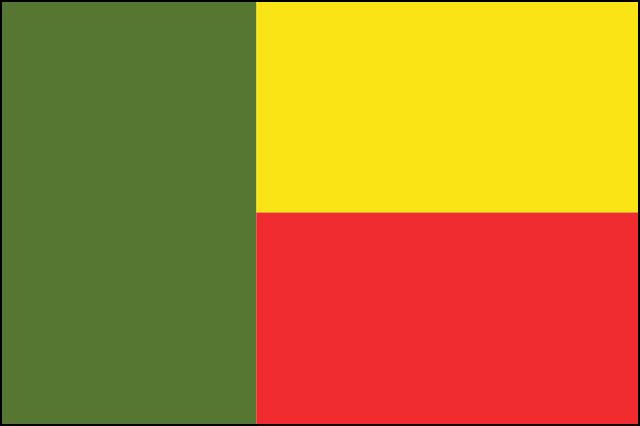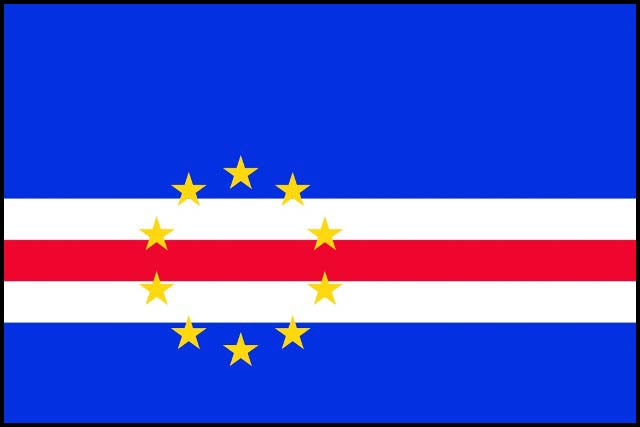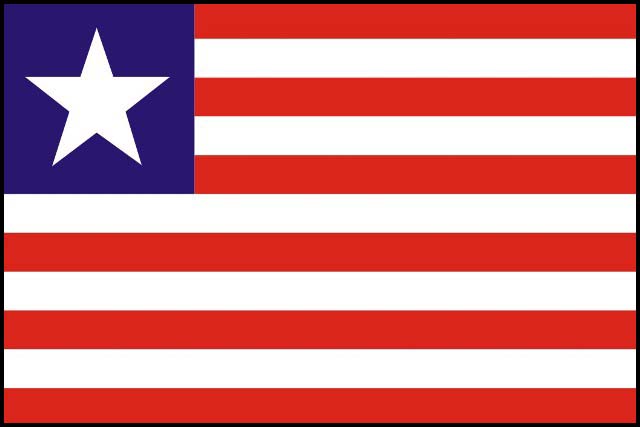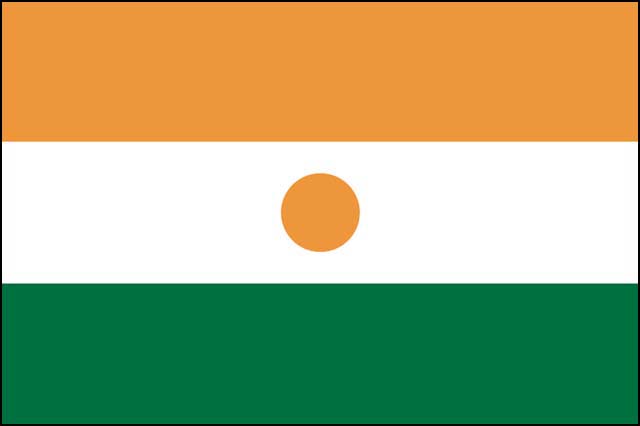Regional Agricultural Policy (ECOWAP): ECOWAS Launches a Performance Audit
By Admin / 2 years, 1 month agoAs part of its mandate to provide the ECOWAS Council of Ministers with assurance that the resources made available to the Community are being used properly, the Office of the Auditor General of the ECOWAS Commission officially launched this day, 16th November 2023, in Lomé, Togo, a performance audit of the implementation of the Regional Agricultural Policy (ECOWAP).
"The agricultural sector remains the major driver of the region's socio-economic development and must therefore be given all the attention and necessary resources for its emergence," the Auditor General, His Excellency João Alage Mamadu Fadia, said. "The aim of periodically reviewing the performance of our Agricultural Policy is therefore to understand how it is being implemented and whether the resources (financial, human and material) allocated to it are sufficient", he explained.
For this exercise, ECOWAS has called upon the expertise of an external auditing firm, PwC. The audit, which will last until January 2024, was launched in the presence of the ECOWAS Resident Representative in Togo, His Excellency Barros Bacar Banjai, the ECOWAS Director for Agriculture and Rural Development, Mr Alain Sy Traoré, the Director for Performance Audit of the Office of the Auditor General, Mr Francis Kotobridja, and experts from PwC and the Executive Director for the Regional Agency for Agriculture and Food (RAAF), Mr Ousseini Salifou and his team.
To recall, ECOWAP was adopted in January 2005 in Accra, Ghana. It is the best benchmark for the development of the agrosylvopastoral and fisheries sector in West Africa. It was revised in 2015, through the Strategic Orientation Framework (SOF) for the period 2016-2025, to consider new cross-cutting issues such as climate change, nutrition, and gender.
The operationalisation of ECOWAP is based on the National Agricultural Investment Programmes and Food and Nutrition Security (NAIPFNS) implemented at the national level by countries through the ministries of agriculture on the one hand, and on the Regional Agricultural Investments Programme and Food and Nutrition Security (RAIPFNS) at the regional level under the coordination of the ECOWAS Commission on the other hand. Additionally, ECOWAP is implemented by other actors such as the international and regional institutions and organisations, farmers’ organisations, NGOs and associations, private sector, and civil society, etc. It is funded by the ECOWAS Commission's own resources, through the Regional Fund for Agriculture and Food (RFAF) for RAIPFNS, and by national budgets for NAIPFNS, with support from the region's technical and financial partners, depending on the project.
Created in 2011, the Regional Agency for Agriculture and Food (RAAF) has the mandate to ensure technical implementation of regional programmes and investment plans contributing to the operationalisation of the Regional Agricultural Policy, relying upon on regional institutions, organisations, and players with proven expertise. RAAF plays a much more coordinating, supervising, coaching, facilitating, and networking role as its approach is essentially based on "getting things done”.















